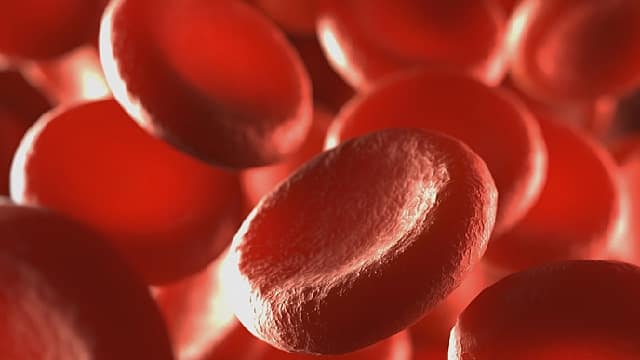-
-

NUTRITION AND ORAL HEALTH
What is Dental Public Health? A Look at How It Can HelpMany oral diseases can be prevented with routine care and regular dental checkups...

NUTRITION AND ORAL HEALTH
How to Limit the Effects of Sugar on TeethCookies, cakes, candy and sodas – everywhere you go, there are sugary treats to tempt...
-
Science & Innovation
- Colgate® | Toothpaste, Toothbrushes & Oral Care Resources
- Oral Health
- Heart Disease 101
- Heart Disease and Gum Disease


Is There a Link Between Gum Disease and Heart Disease?
Overall the data indicates that chronic gum disease may contribute to the development of heart disease, the nation's leading cause of death in both men and women.
How does this happen? Gum disease is a bacterial infection that can affect conditions outside your mouth. In heart disease, one theory is that gum disease can cause bacteria to enter the bloodstream where they attach to the fatty deposits in the heart blood vessels. This condition can cause blood clots and may lead to heart attacks.
The Surgeon General's Report on Oral Health states that good oral health is integral to general health. So be sure to brush and floss properly and see your dentist for regular checkups.
If I Have Heart Disease, Are There Special Requirements to Maintain Proper Oral Health?
To maintain the best oral health, you should:
Establish and maintain a healthy mouth. This means brushing and flossing daily and visiting your dentist regularly.
Make sure your dentist knows you have a heart problem.
Carefully follow your physician's and dentist's instructions, and use prescription medications, such as antibiotics, as directed.
Am I at Risk if Dental Procedures are Performed?
If you have certain preexisting heart conditions, you may be at risk for developing bacterial endocarditis — an infection of the heart's inner lining or the valves. Anytime there is bleeding in the mouth, certain oral bacteria can enter the blood stream and may settle on abnormal heart valves or tissue weakened by an existing heart problem or heart condition. In these cases, the infection can damage or even destroy heart valves or tissue.
There are precautions you need to take if you have any of the following conditions:
Artificial (prosthetic) heart valves
A history of endocarditis
Congenital heart or heart valve defects
Heart valves damaged (scarred) by conditions such as rheumatic fever
Mitral valve prolapse with a murmur
Hypertrophic cardiomyopathy
Be sure to tell your dentist if you have a heart condition, and what, if any, medications you are taking for it. Your dentist will record important health information in your record and coordinate treatment with your physician.
Related Articles



If your gums appear paler than usual, it may indicate that you have a health problem. Here are three possibilities to discuss with a doctor or dentist.
Related Products

Helping dental professionals
More professionals across the world trust Colgate. Find resources, products, and information to give your patients a healthier future








